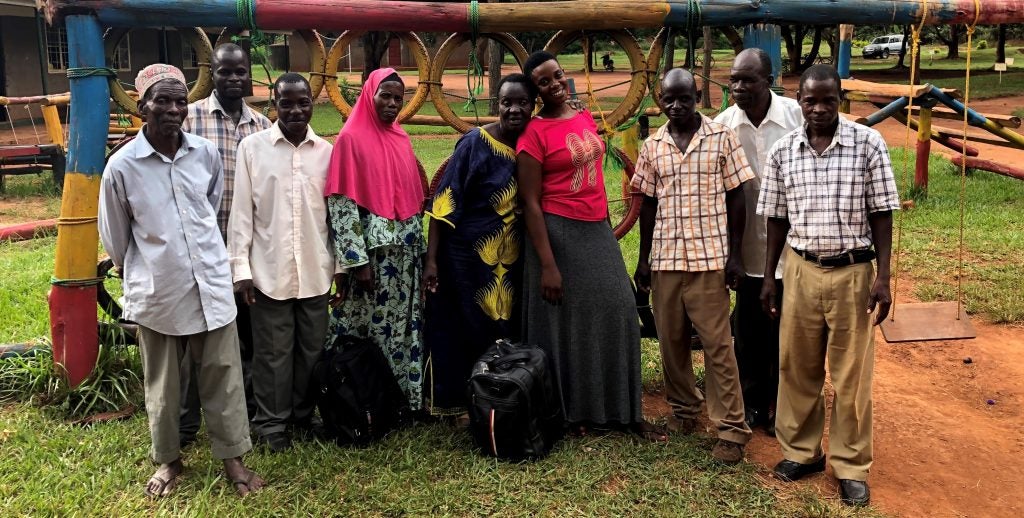The Passages Social Norms Across Sectors Activity

The USAID-funded Passages Project (2015-2022) is focused on building an evidence base and providing technical assistance globally in changing social norms to improve the health and wellbeing of adolescents and youth. In this way, Passages contributes to an exciting emerging body of knowledge that focuses on understanding the role social norms play as both barriers and facilitators to social behavior change programming within interventional development. It is in the health sector where, to date, much of the published evidence base on applied SBC and social norm theory has been concentrated. However, social norms work is taking place across other sectors, and part the Passages legacy is to advance understanding by reinforcing that norms matter across sectors.
To highlight this work, with support and leadership from USAID’s Office of Gender Equality and Women’s Empowerment (GenDev), Passages has undertaken the Social Norms Across Sectors activity, which seeks to understand and document USAID’s interventions that include strategies to change norms.
The first phase of this project was a landscaping study in six USAID sectors to document programs with a social norms shifting component. As part of this phase, the activity team completed three ‘deep-dive’ case studies based on programs included in the landscaping study, which look at programming done in the water, sanitation, and hygiene (WASH), energy and infrastructure, and education sectors.
- Full report | A Landscape Review: Addressing Social Norms in Six USAID Sectors
- Brief | Social Norms Key to Development Programming: Landscaping Finds Their Influence on Behaviors Across Sectors
- Briefs | Social Norms Across Sectors: Three Case Studies
A complementary effort to the landscaping report sought to exploring social norms programming in the health sector – specifically looking at breastfeeding, bullying, and menstrual hygiene management programs.
Building from the landscaping report and case studies, this slide doc provides a summary of evidence and recommendations on best practices for shifting norms in programming in: women’s economic empowerment & intimate partner violence.
 Where We Work
Where We Work  Press Room
Press Room  FACT Project
FACT Project  Passages Project
Passages Project  Learning Collaborative
Learning Collaborative  Search All Resources
Search All Resources  Social Norms
Social Norms  Fertility Awareness Methods
Fertility Awareness Methods